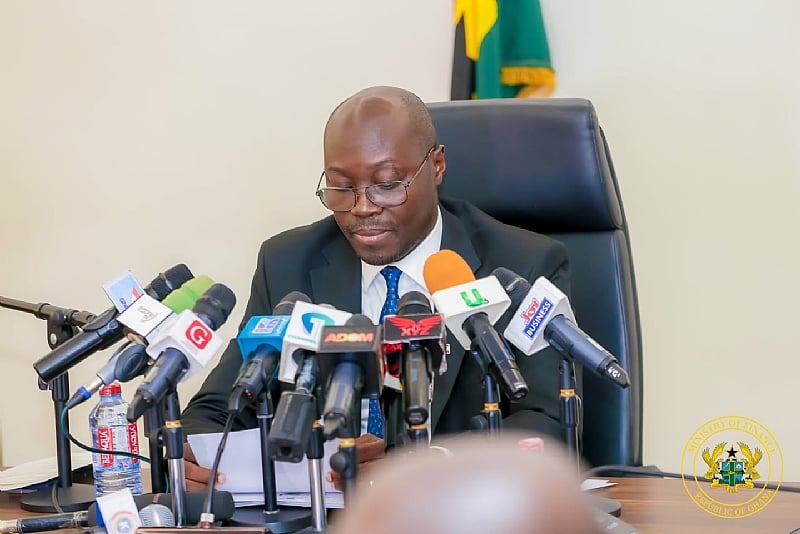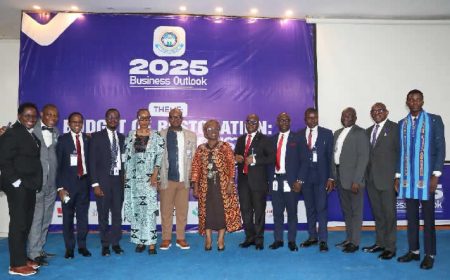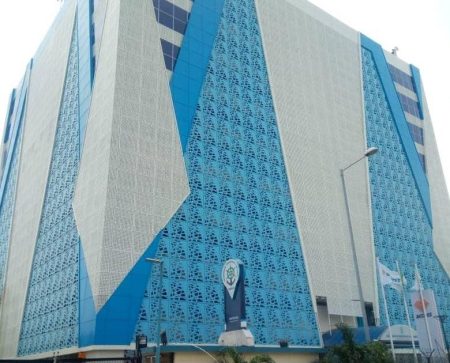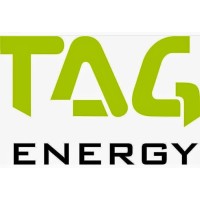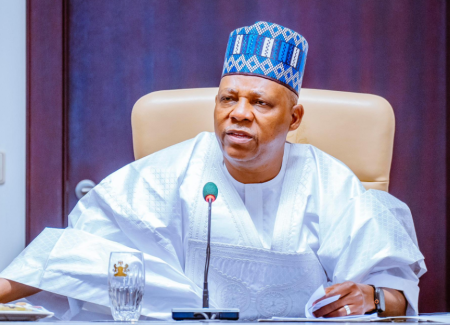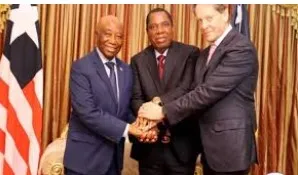The first budget of the newly reinstated Mahama administration, slated for presentation to Parliament on March 11, 2025, carries significant weight in shaping Ghana’s economic trajectory. This budget follows a recently approved GH¢68 billion mini-budget designed to cover the first quarter of the year’s expenditures. It comes amidst heightened expectations for concrete policies to address the nation’s economic challenges and fulfill campaign promises. The budget presentation is a critical juncture for the government to articulate its economic vision and demonstrate its commitment to fiscal responsibility and sustainable growth within the framework of the IMF-supported program. The timing, shortly after President Mahama’s scheduled State of the Nation Address on February 27, allows for a comprehensive overview of the nation’s state and the government’s proposed roadmap for economic recovery and progress.
The anticipated budget is expected to outline a strategic approach to stabilize the Ghanaian economy and foster sustainable growth. Key areas of focus will likely include fiscal consolidation, revenue generation, and expenditure management. The government has signaled its intent to eliminate several existing revenue measures, including the controversial E-Levy, betting tax, and COVID-19 levy. This move aims to alleviate the financial burden on citizens and reduce reliance on imports, contributing to a more robust domestic economy. Alongside these proposed removals, the budget is anticipated to detail alternative revenue streams and outline expenditure priorities in key sectors such as education, healthcare, and infrastructure. The overarching goal is to create a more favorable economic environment that encourages investment, job creation, and improved living standards for Ghanaians.
Central to the government’s economic strategy is ongoing engagement with the International Monetary Fund (IMF). These discussions are crucial in refining fiscal policies and ensuring alignment with the objectives of the IMF-supported program. Areas of focus include tax reforms, enhanced revenue administration, addressing the persistent energy sector debt, controlling expenditure, and maintaining exchange rate stability. The successful negotiation and implementation of these measures are crucial for restoring macroeconomic stability and building investor confidence, paving the way for sustainable economic growth. The budget will likely reflect the outcomes of these negotiations and demonstrate the government’s commitment to adhering to the program’s principles.
Expert opinions, like that of Dr. John Kwakye of the Institute of Economic Affairs (IEA), underscore the importance of prudent fiscal management. Dr. Kwakye emphasizes the need for a careful balance between spending and revenue generation, urging the government to prioritize projects with high economic returns and ensure efficient use of public resources. He cautions against unchecked capital expenditure, particularly in infrastructure development, which while important, could exacerbate fiscal challenges if not managed strategically. This advice highlights the need for a data-driven approach to investment, prioritizing projects that offer the greatest potential for economic growth and social impact.
The government faces the complex task of navigating a challenging economic landscape while striving to meet the expectations of its citizens. The budget presentation provides an opportunity to articulate a clear path towards economic recovery and demonstrate a commitment to sound financial management. It must address critical issues such as job creation, inflation, and access to essential services, while ensuring that its policies are sustainable and contribute to long-term economic growth. The success of the proposed measures will depend not only on their design but also on effective implementation and ongoing monitoring and evaluation.
Ultimately, the March 11 budget presentation is a pivotal moment for the Mahama administration. It represents an opportunity to define its economic agenda, restore confidence in the Ghanaian economy, and chart a course toward a more prosperous future for its citizens. The budget’s effectiveness will be measured not only by its immediate impact on the economy but also by its long-term contribution to sustainable development and improved living standards for all Ghanaians. The reaction from the public, businesses, and international partners will be crucial in assessing the viability and potential impact of the proposed policies.




